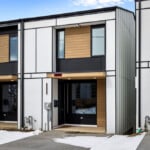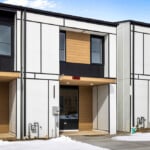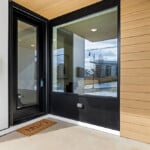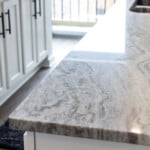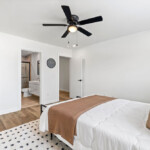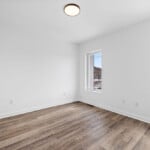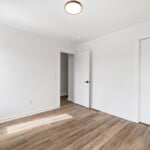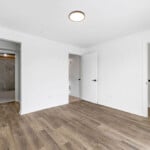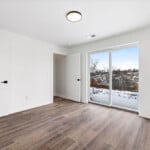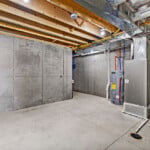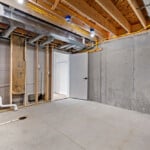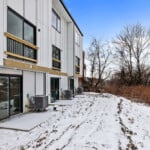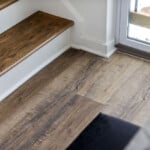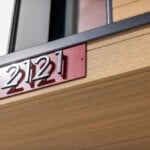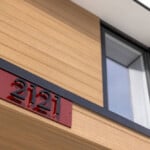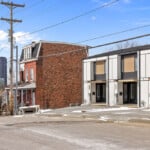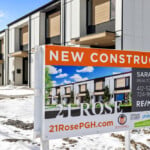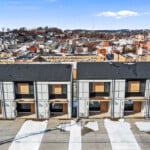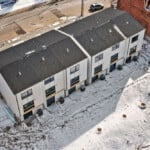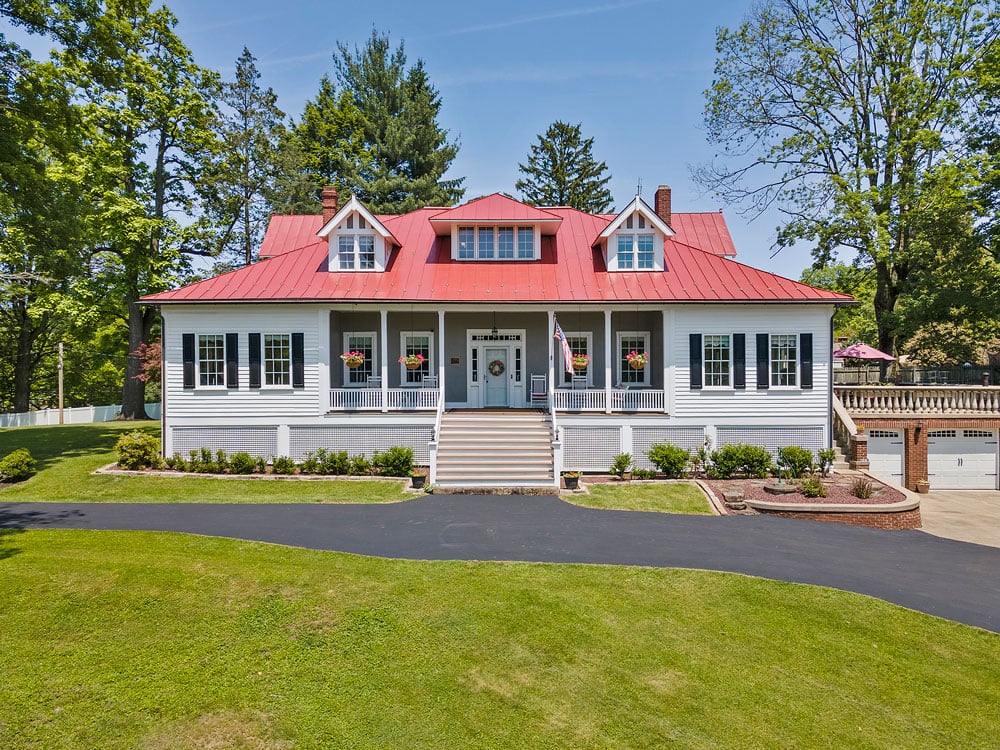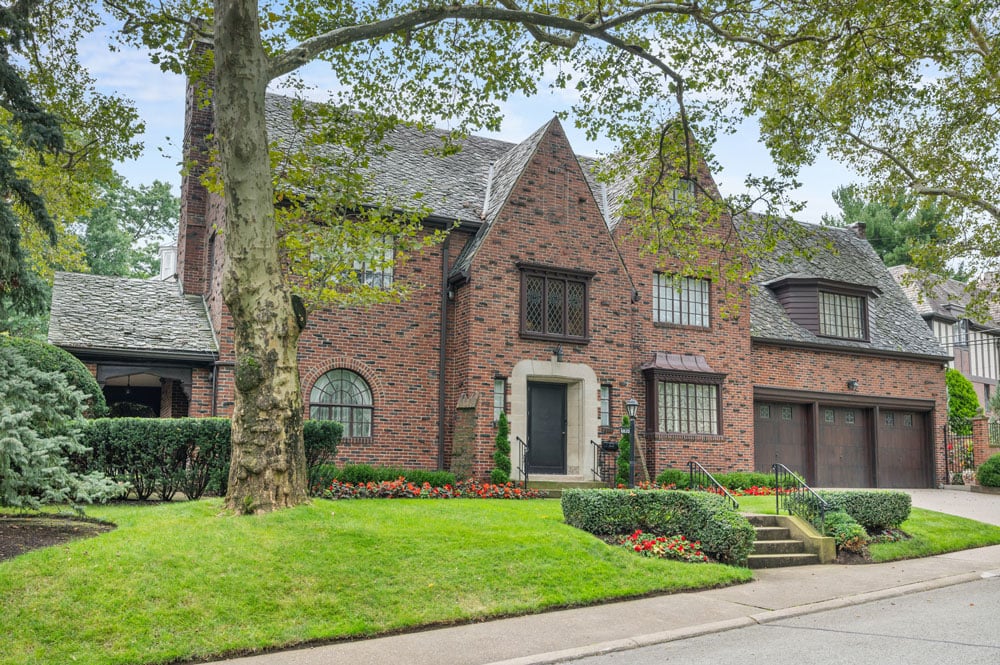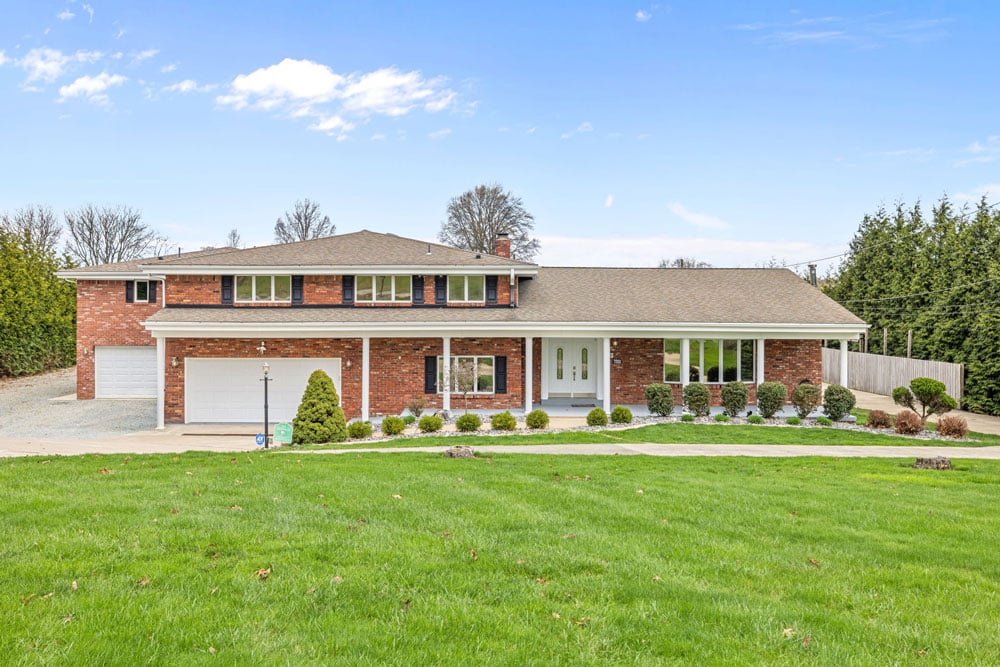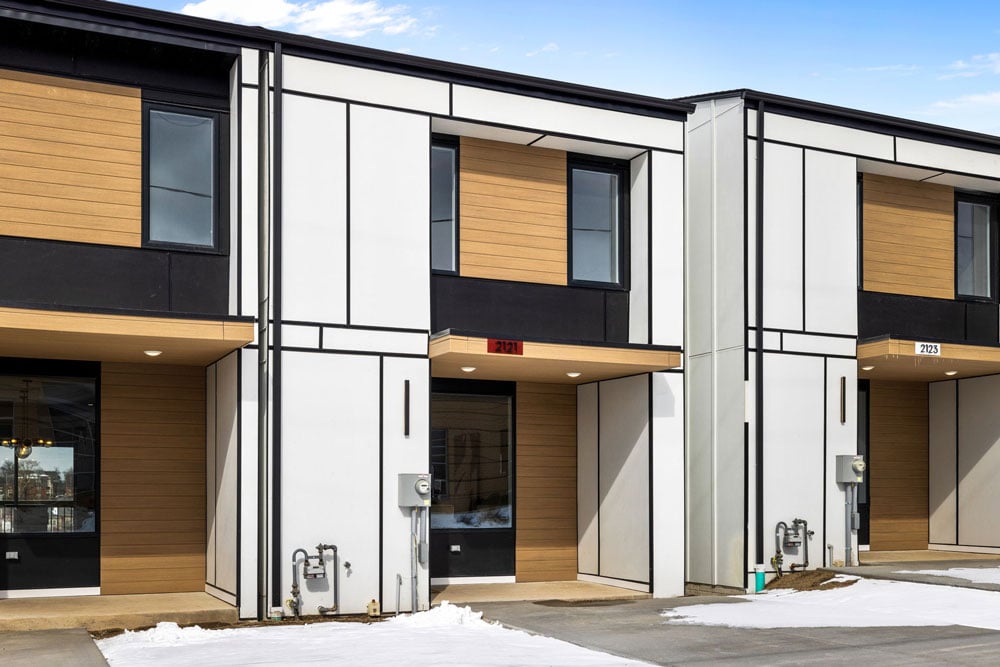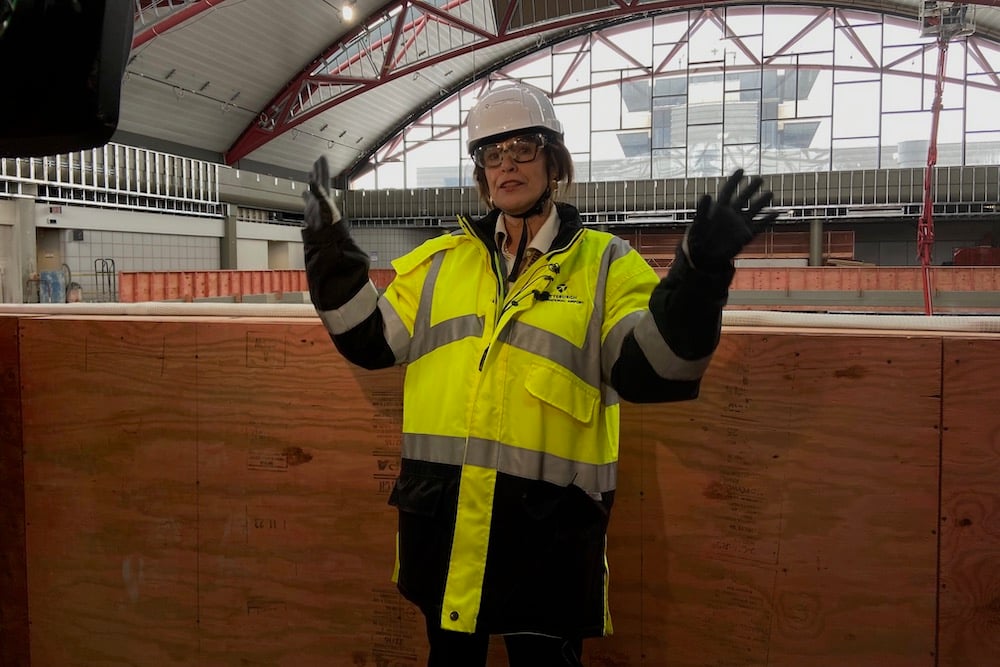Targeted Toward First-Time Buyers, These Town Homes are Coming Up Roses in the Hill District
Featuring sleek, contemporary design, the six Rose Street units are being offered with incentives that help out prospective home owners.
First-time home ownership is down across the country — and that includes Pittsburgh.
To assist with the buying process, some local developers and lenders are offering incentives that can help prospective buyers open the door to home ownership, even if they haven’t managed to save for a down payment.
One of those developments is a grouping of townhomes located at 21 Rose St. in the Hill District. Developed by R Kyndall Development Group, and listed by Sarah Madia of RE/MAX Select Realty, the six units each include three bedrooms, three bathrooms and off-street parking. Pricing starts at $480,000.
The project team also has partnered with the Urban Redevelopment Authority and First National Bank to offer programs designed to overcome financial and educational hurdles to home ownership.
Called Homeownership Plus, the program offers first-time buyers up to $5,000 in closing cost assistance and 100% financing with no private mortgage insurance, plus flexible credit requirements, says Jim Kernan, a mortgage banking consultant at First National Bank.
“The program has a strong focus on communities that have historically faced barriers to homeownership,” he says.
Kernan says a key eligibility factor includes residence in a census tract where more than half of the population identifies as a minority, which are referred to as Majority-Minority Census Tracts.
“This geographic focus ensures that the program reaches areas where it can have the greatest impact, helping to expand access to affordable homeownership through financial assistance, flexible credit criteria and educational support,” he says.
With what Madia calls “truly exceptional design,” the Rose Street homes have plenty of space for families, remote work or even multi-generational living.
The developer partnered on the project with Cipriani Studios, which is noted around the city for its modern design style. Owned by Pittsburgh-based designer and developer Justin Cipriani, the studio was recently honored in Pittsburgh Magazine’s Best of Design contest for its work on this year’s Best Outdoor Space.
Madia, who has had the opportunity to host tours and events of the new development, says folks are often surprised by the design features found in the units.
“I hear from people all the time about how striking and unique the homes are,” she says.
While townhouses can often be dark inside due to the lack of windows on shared walls, that’s not an issue here. Natural light pours into the units thanks to their unique layout.
“That’s because they are architecturally designed to maximize natural light, featuring enlarged, front-facing windows and breathtaking views of the Pittsburgh skyline through oversized primary bedroom windows,” says Steffan Johnson, founder and CEO of R Kyndall.
The lowest level of each unit features a nicely sized bedroom with a full bathroom and walk-in closet. There is also a large unfinished area that can be used for storage, a gym or a work space.
On the main level of the homes, an open-concept living area includes the living, dining and kitchen areas.
“The kitchen is both beautiful and practical,” says Johnson. “There are high-quality quartz countertops, a gas cooktop and a layout that encourages both gathering and gourmet cooking.”
The covered front porch is perfect for an evening cocktail — and there’s also an option to add a rear deck off of the kitchen.
Stairs to the top floor open to two more bedrooms; the primary bedroom has an ensuite bathroom with heated floors and a large walk-in closet while the front bedroom accesses a full bathroom in the hallway. A laundry closet is situated between the two bedrooms.
Throughout the homes, quality finishes and thoughtful design choices give the homes a dose of character that’s lacking in many new builds, says Madia.
“Every finish was thoughtfully selected, and there’s a really nice flow from the exterior materials to the interior design,” she says. “It all just works together so well.”
Painted a crisp white, each smart-ready, energy efficient unit is waiting for the first buyer to leave their individual mark on the interior.
The location is another plus; the Hill District is minutes away from Downtown’s entertainment, shopping and business districts. Overlooking Centre Avenue, the Hill’s main artery, residents will be able to enjoy the walkability and community-centered focus of one of the city’s most historically significant neighborhoods. The Thelma Lovett YMCA is also just steps away from the cluster of homes.
Kernan says programs offered by First National Bank, which are available for the Rose Street project as well as other homes around the region, are all aimed at increasing home ownership for residents.
“Combined with personalized guidance, home-buying workshops and financial education tools, the program empowers individuals, especially those in underserved communities, to confidently navigate the path to owning a home,” he says.
Meg St-Esprit is a Bellevue-based freelance journalist who covers real estate, lifestyle, education, parenting and travel for a variety of local outlets including Pittsburgh Magazine, PublicSource, Kidsburgh, Pittsburgh City Paper, and City Cast Pittsburgh. Meg offers Hot Property, an inside look into unique and historic homes on the market. Each week, Hot Property goes behind the For Sale sign to share the story of a special Pittsburgh-area home.
About: Middle Hill District
Population: 1,806
Planes, Trains, & Automobiles: Few places in Pittsburgh are as centrally located as the Hill District. Residents of the Hill don’t need a car, as the community is walkable, with plenty of public transportation. The airport is a 20-minute drive, but is also easily accessible via the Airport Flyer bus route that departs from Downtown.
Schools: Pittsburgh Public Schools (pghschools.org)
Neighborhood: The Hill District, which comprises three smaller neighborhoods, holds historical significance for the city in many ways. Beginning in the years leading up to World War I, the Hill was the cultural center of Black life in Pittsburgh and a mecca for jazz. The birthplace of famed playwright August Wilson, the neighborhood suffered from deindustrialization and a loss of investment in the community that led to a lack of housing. In the mid-1950s, a substantial area was slated for redevelopment, displacing about 8,000 individuals. However, new development projects are trying to enact positive change for both longtime and prospective residents.










